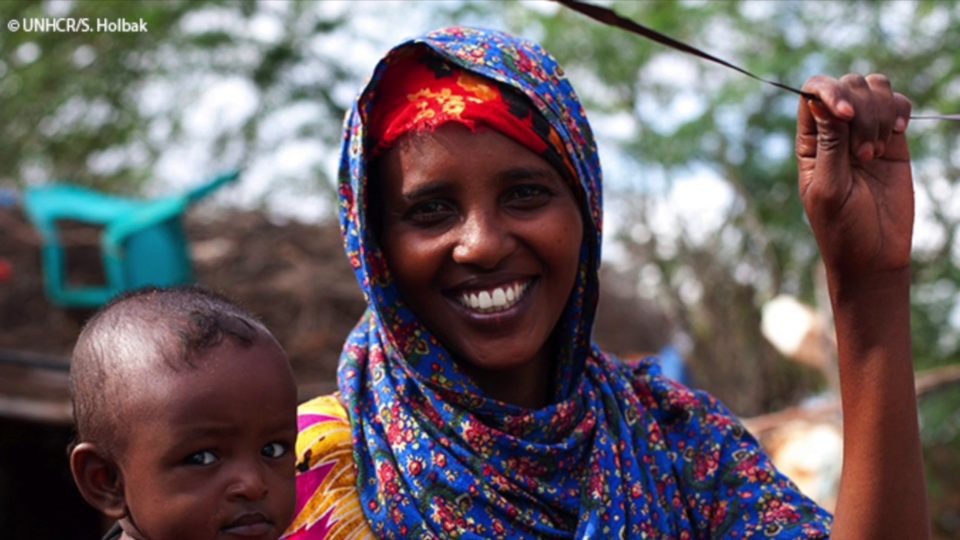“Angela! Angela!” her mum’s voice thunders. “Look, I don’t think this house will accommodate the two of us if you don’t get married before the end of next month”. At 30, Angela has already climbed successfully onto the pinnacle of her profession. As the head of the Sales Department in a reputable distribution company in Abuja, there is nothing more she could ask for. But her mother disagrees. “Are your mates not married and blessed with lovely children? Yes, you are successful, but you are incomplete without a man”. This harassment is becoming unbearable. She holds tightly to her colourful beddings as she ponders on similar episodes as this. Her mind roams through the events of the recent past, remembering the ordeals of her friends. Hers is about marriage, but Debiri’s own sin is not having a male issue yet. She remembers once there was a family meeting to deliberate on her delay in marrying.
Angela on her part did not see the urgency of marriage, or why she must get married at all. She was scared of the institution she saw as an illusion of happiness as painted by young girls who rush into it. Right from childhood, she has watched her dad beat her mother. Some of her friends who had married are looking for a way out. Just last week, Ogechi visited her with stripes all over her body. Her husband who wrestles with her almost on daily basis had given her the worst beating of her life. Seeing her face and the injuries on her body, one might think that she had stolen from a bank and got mobbed. Her only crime however was giving birth to five girls with no son. If only her husband was educated enough to understand it wasn’t just her fault. Anyways, her case is far better than that of Obiageli whose husband recently got a second wife because she couldn’t give birth to a child. It’s barely two years of their union and her husband has labelled her a witch that eats up the child in her womb.
The sorry position of feminity is as old as Africa herself. Things might have improved so fast that asking for more might seem petulant. Therefore, let’s explore the African literature which provides us with an in-depth look into the long-standing negative image of womanhood in our society. Emeka Nwabueze in his book, African Female Playwrights: A Study of Matter and Manner opines that women over the years are underprivileged because they are at times looked down upon and referred to as the weaker vessel. This has generated responses from male and female activists. In the oral tradition of Igbo culture, a woman is always seen in relation to a man. Hence, a typical complete or real woman in Africa is considered to be one who has a man in her life (a husband or one who stands in as one); one who has borne children, especially male children.
Using my village, Umubelle, in Anambra State as an example, one would find at least two typical Igbo men stuck with the mindset that the identity of a woman is determined by her ability to bear children- sons. The male child is seen as the only sure perpetuator of a lineage. Hence, a marriage is considered a failed one if a woman is not able to give birth to male children, no matter the number of female children she has. The following indictment was thrown at Nnaife’s second wife by Ubani in The Joys of Motherhood by Buchi Emecheta:
“Our life starts from immortality and ends in immortality…
I know you have children, but they are girls, who in a few
years’ time will help another man’s immortality. (p.166)”
Not only is a woman expected to bear a son, more than one is necessary to maintain her place in the family. If a woman bears only a son, she is considered to be at risk, because, if eventually, he dies, it becomes a tragedy. In search of a male child, her husband might marry a second or third wife if necessary, and the husband’s family would not waste time in breaking the woman’s neck, disrespecting and making her feel insecure, ridiculing her for being a failure in marriage. Nnu Ego in The Joys of Motherhood loses her value as a wife when she fails to give birth to children. As a result, her first husband, Amataokwu marries a second wife and beats her when she is caught breastfeeding the second wife’s child.
Chimamanda Adichie, Buchi Emecheta, Flora Nwapa in their literary works equally present the plight of women trapped in the claws of traditional taboos. For instance, The Bride Price, Joys of Motherhood, and Second Class Citizen by Emecheta reflect economic exploitation and denial of opportunity for women. Eunice Aribodor in her research on religious and cultural influences on the female gender in Chimamanda Adichie’s Purple Hibiscus, brought to the limelight the identification challenges that women face in different cultures of the world, especially in situations where they struggle to discover their place in the society. This assertion is supported by Emecheta and other feminist writers. To quote Cynthia Ward on Emecheta‘s feminist themes:
“Her novels represent the experience of the woman struggling
to assert herself against historically determined insignificance,
a self constituted through the suffering of nearly every form of
oppression … that human society has created, a self that must
find its true voice in order to speak not only for itself but for
all others similarly oppressed. (Ward 83)”.
In many traditional societies like my home town, Awka, in Anambra State, some women are left to cater for their family’s needs with little support from their husband. She is expected to find joy in her role as a mother, especially in childbearing, whiles her husband celebrates his glory as “the man of the house”. Hence, women have little or no relevance, and their achievements are often unnoticed and unrewarded. The patriarchs consider marriage enough reward for women, and childbearing the ultimate crown. If she bears many sons, a feather is added to her cap. Some cultures still relegate secondary roles to women and make them play less significant yet crucial roles in a patriarchal society. With regards to this, the classical poet, Aristotle, in his Poetics regards female as a kind of mutilated male. He believed that females are imperfect males accidentally produced by the father’s inadequacy or the malign influence of the moist South wind. Interestingly, this idea was not limited to the pagan world.
The lives of some African women have been made uncomfortable and an unstable environment provided for them as they suffer the malice of forced marriage, forced childbirth and the status of second-class citizen. Is it abnormal for our character Angela not to have married at the age of 30? Is it a crime that her friend Debiri did not give birth to a male child? ¬¬Being childless as in the case of Angela’s friend, Obiageli, is it a taboo? ¬Not being married at the age of 30 either by choice or circumstances is not abnormal. Mothers shouldn’t force their daughters into marriage. Forced marriages mostly don’t turn out fine. Adoption is an option for a childless couple. Also, the cross of childlessness should be shared by both couple. Parents, couples and the society in general should come to terms with the fact that women are not second-class citizen and they also have roles to play in the family and the society at large.
To all the mothers celebrating today: Happy Mothers’ Day!





4 comments
Happy Mothers Sunday!
Happy mothers’ day
This is a good read
I agree